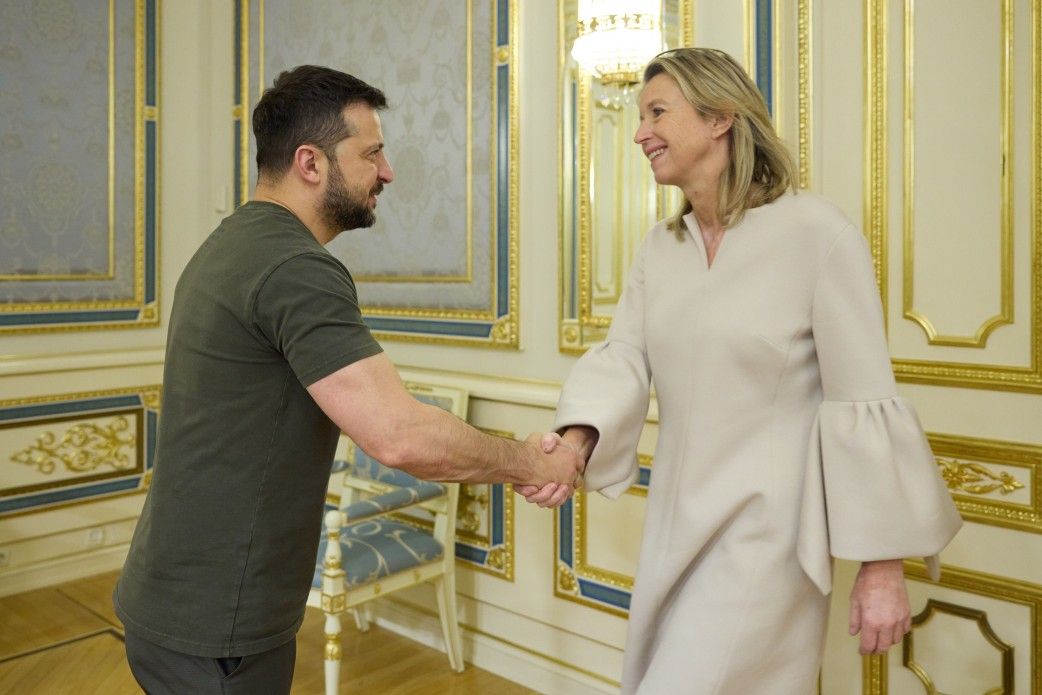Zelensky and Dutch PM discuss future support for Ukraine following elections

Ukrainian President Volodymyr Zelensky and outgoing Dutch Prime Minister Mark Rutte discussed the future of Dutch support for Ukraine following the outcome of the Dutch general elections which resulted in a surprise victory for far-right candidate Geert Wilders and his Party for Freedom (PVV).
The Ukrainian President met with the current PM over the phone on Nov. 24. According to Zelensky, the two leaders discussed "efforts to maintain European unity" as well as "the importance of continuing military and financial assistance to Ukraine."
President Zelensky highlighted the Netherlands' recent decision to provide an additional €2 billion to Ukraine for 2024 as "the best signal to other partners."
"I am grateful to the Netherlands for all of its assistance as well as for its support of Ukraine's Peace Formula and the humanitarian initiative Grain From Ukraine," Zelensky stated.
The far-right Party for Freedom (PVV) is now the largest party in the Dutch parliament, winning 37 out of the 150-seat parliament. Geert Wilders is set to become the Dutch PM once the new government is formed.
It remains uncertain whether the PVV will be able to build a coalition government, a process that can last up to six months. Throughout this period, the Dutch foreign policy will remain in the reins of the current government. Wilders would need to build a coalition in order to actually govern the Netherlands, and his ability to become prime minister is not guaranteed.
Under the outgoing Prime Minister Rutte (VVD), the Netherlands has been a staunch ally of Ukraine, being one of the few partners to pledge F-16 fighter jets.
While denouncing Russia's aggression against Ukraine, the PVV voiced opposition to sending financial support and fighter jets to Kyiv, preferring them to be used for domestic needs.
Geert Wilders has long been vocally anti-immigration but has also made a number of statements in favor of Russia and against the Netherlands continuing to provide support to Ukraine.
The far-right leader has close relations with Hungarian Prime Minister Viktor Orban and has been accused of having ties with Russia. Wilders has condemned Russia's full-scale invasion of Ukraine and referred to Russia as the aggressor.
Polls have suggested that an overwhelming majority of Dutch citizens are in favor of continued support for Ukraine.














